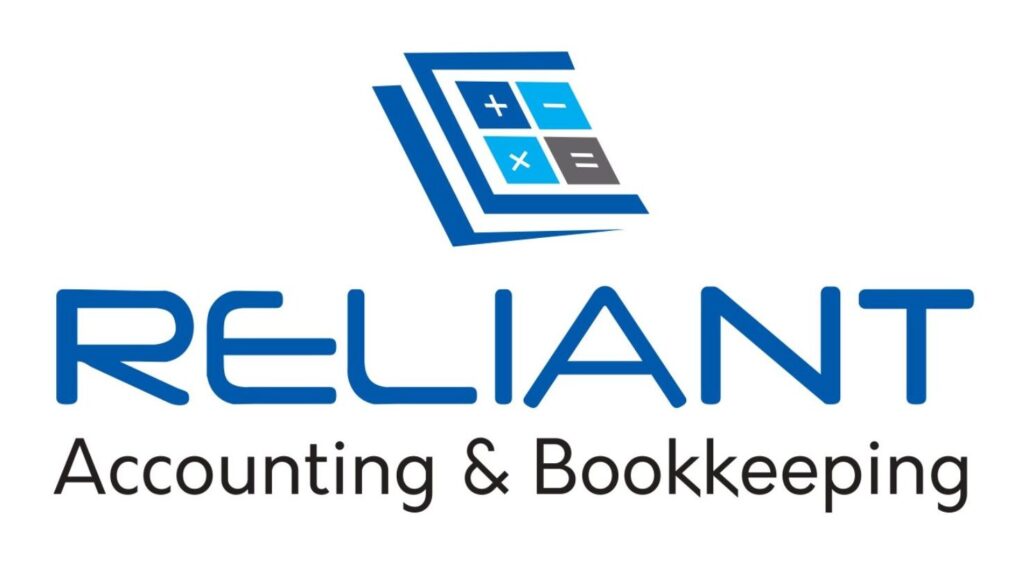Key Features of Business and Accounting: A Comprehensive Guide for Success Key Features of Business and Accounting In today’s fast-paced world, the business landscape is continually evolving, with new technologies, regulations, and market trends. However, at the heart of every successful business, there lies a fundamental concept: accounting. Whether you’re a small startup or a […]
Blog
Features of Business and Accounting Introduction Business and accounting are two fundamental pillars that support the economic activities of individuals, organizations, and entire economies. Understanding the key features of business and accounting helps entrepreneurs, financial professionals, and business owners make informed decisions and maintain financial stability. This blog explores the essential features of business and […]
Guide to Company Improvement: Strategies for Sustainable Growth Introduction Guide to Company Improvement Guide to Company Improvement In today’s competitive business landscape, continuous improvement is key to long-term success. Companies that actively seek ways to enhance their operations, customer satisfaction, and employee engagement tend to outshine their competitors. Whether you are a small startup or […]
Marketing and Accounting Skills how to improve : A Comprehensive Guide Marketing and Accounting Skills how to improve In today’s competitive business world, possessing strong marketing and accounting skills is essential for success. Whether you’re an entrepreneur, a small business owner, or an accounting professional looking to expand your expertise, developing these skills will help […]
Corporate Tax Rules and Reliant Accounting Services: A Comprehensive Guide Introduction Corporate Tax Rules Reliant Accounting Services is a trusted name in financial management, bookkeeping, and corporate tax solutions. With expertise in managing corporate finances, tax compliance, and business advisory services, we ensure that businesses remain compliant with evolving tax regulations while maximizing profitability. About […]
Reliant Accounting Services: Your Trusted Partner in Financial Success Managing finances is one of the most crucial aspects of running a business or managing personal wealth. At Reliant Accounting Services, we understand the complexities and challenges that come with handling financial matters. Whether you’re a small business owner, a freelancer, or an individual looking for […]
Embracing the Spirit of Ramadan: A Time for Reflection, Growth, and Community at Reliant Accounting Embracing the Spirit of Ramadan As we step into the holy month of Ramadan, Reliant Accounting would like to take a moment to reflect on the significance of this sacred time and share how its values resonate with our core […]
Effective Marketing Strategies for Small Businesses in 2025: Navigating the Future of Growth Effective Marketing Strategies In the ever-evolving world of business, small enterprises face unique challenges, especially when it comes to marketing. With a limited budget and often smaller teams, small businesses must leverage creative and efficient marketing strategies to compete with […]
Creative Marketing Ideas and Essential Marketing Statistics You Need to Know in 2025 Creative Marketing Ideas and Essential Marketing 2025 Marketing is constantly evolving, and staying ahead of the curve requires a mix of creativity, data-driven decisions, and an understanding of the latest trends. Whether you’re running a small business or managing a large brand, […]
Dubai Government and Taxation: A Shift Toward Economic Diversification Dubai Government and Taxation Dubai, known for its luxurious lifestyle, world-class infrastructure, and impressive business environment, has long been a global hub for trade, tourism, and finance. However, up until recently, it has largely been a tax-free paradise for residents and businesses, attracting multinational corporations and […]







